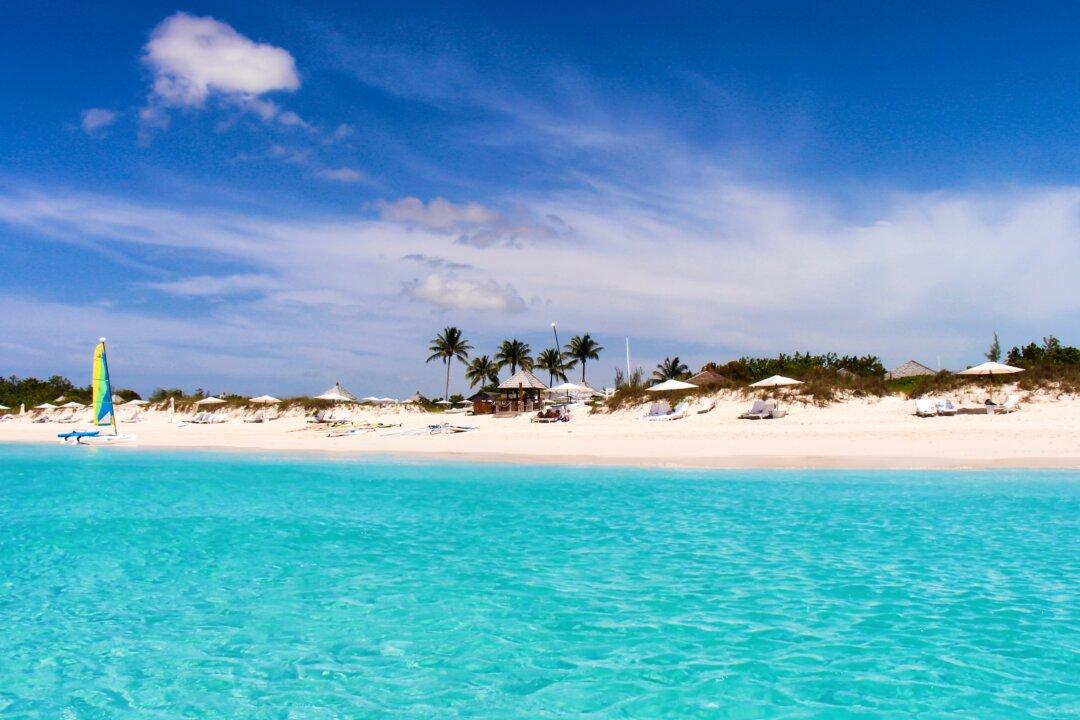By Mary Ann Anderson
From Tribune News Service
Providenciales, Turks and Caicos Islands—Snorkeling in sparkling, shallow water as clear as glass, my husband and I spotted schools of gemstone-bright fish in colors of sapphire, topaz and amethyst. On the white sand bed of the sea near a tiny atoll, slow-moving heavy-shelled conch sort of rolled along the bottom, skirting other marine life of starfish and sand dollars.






